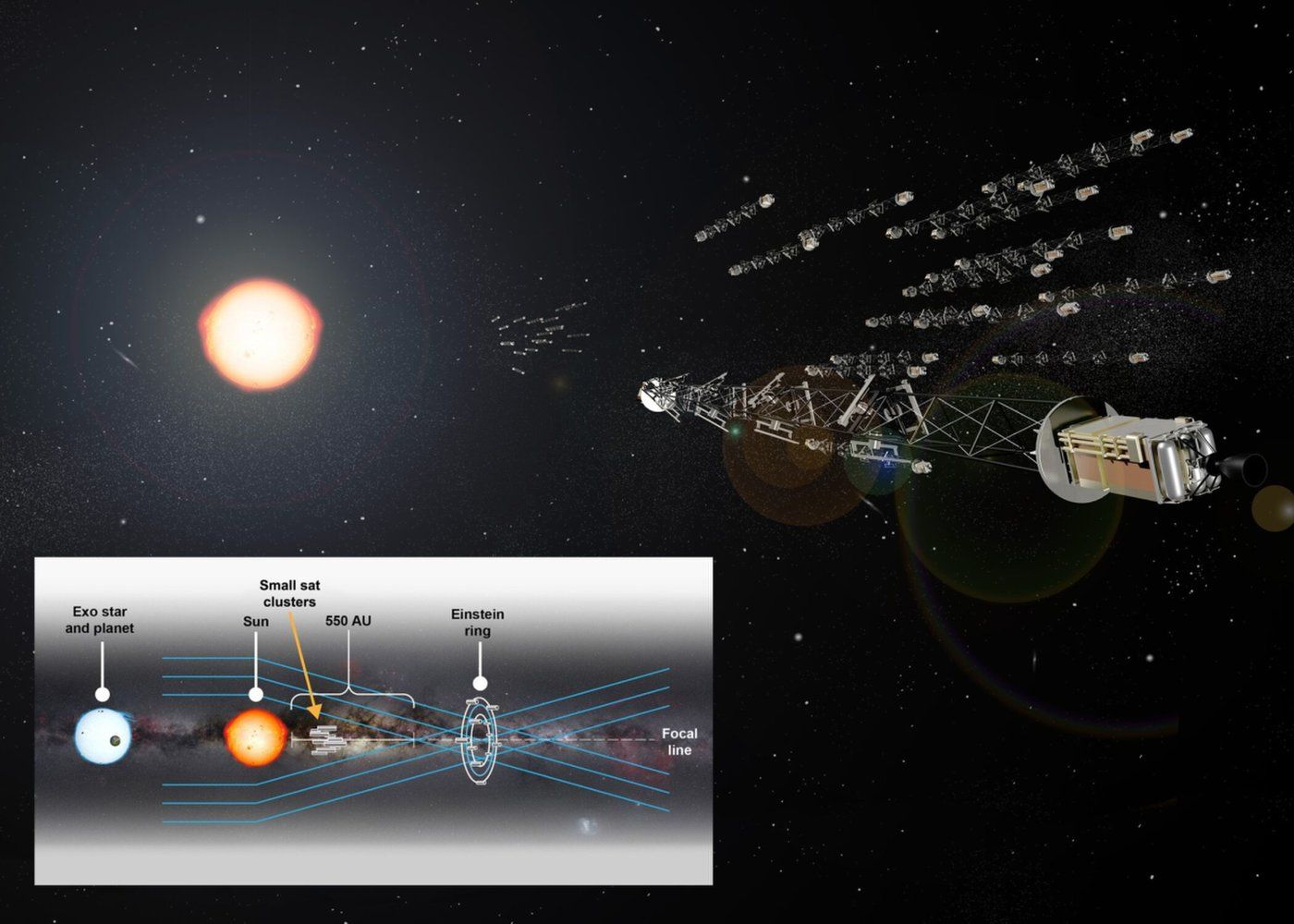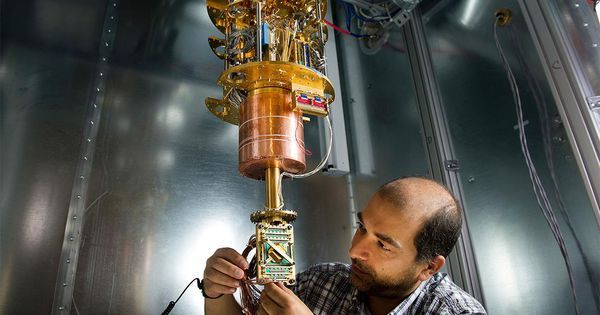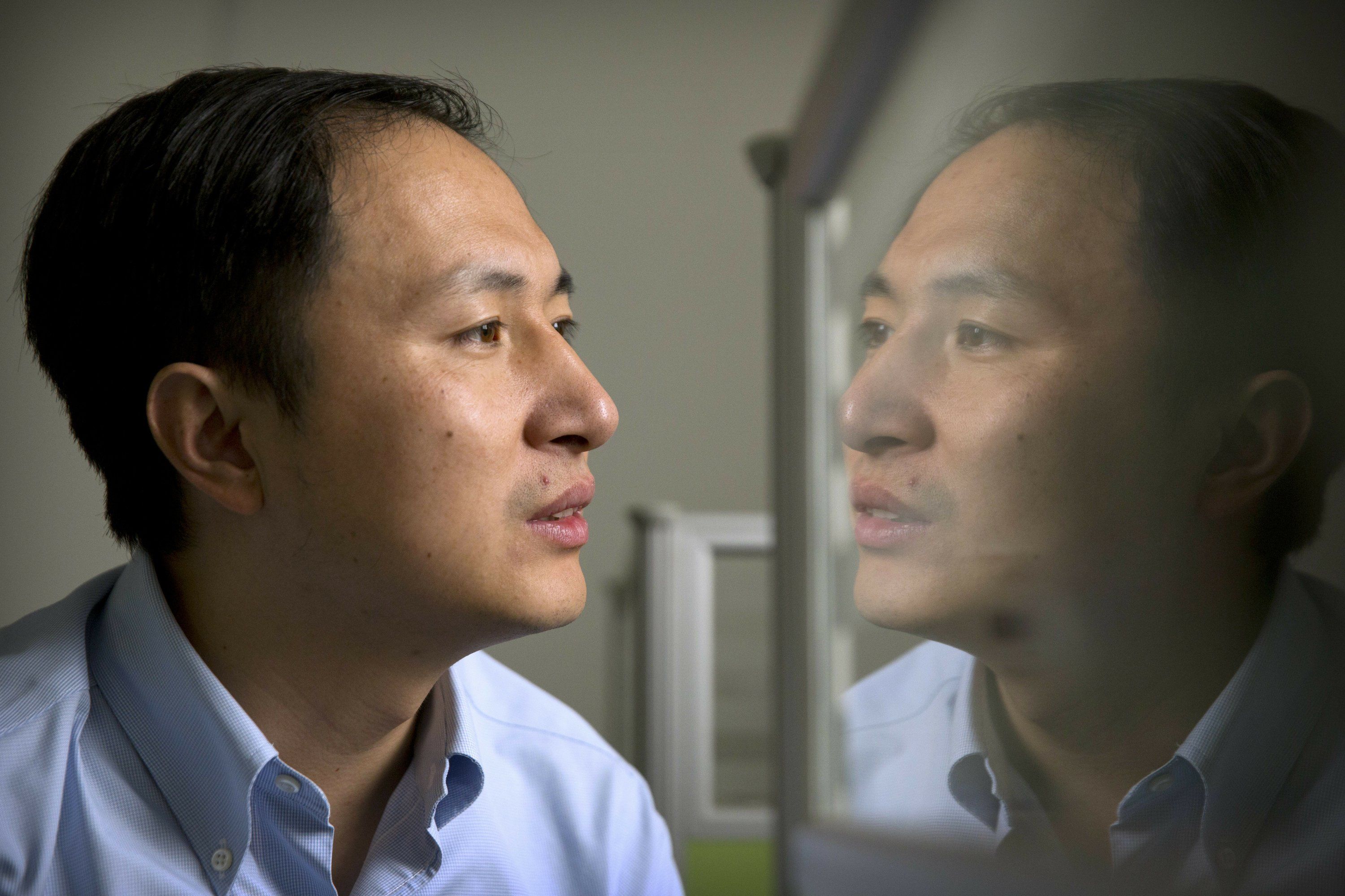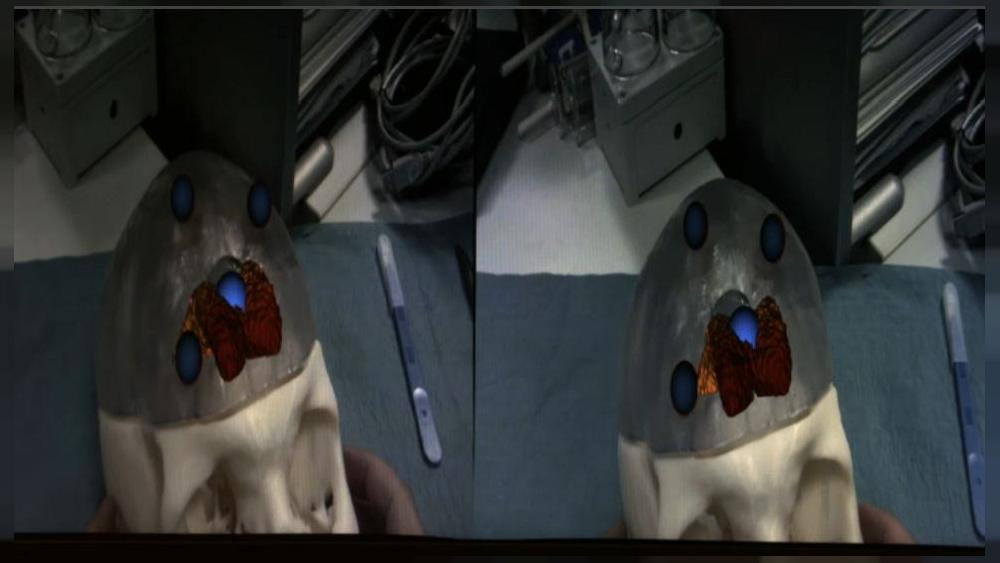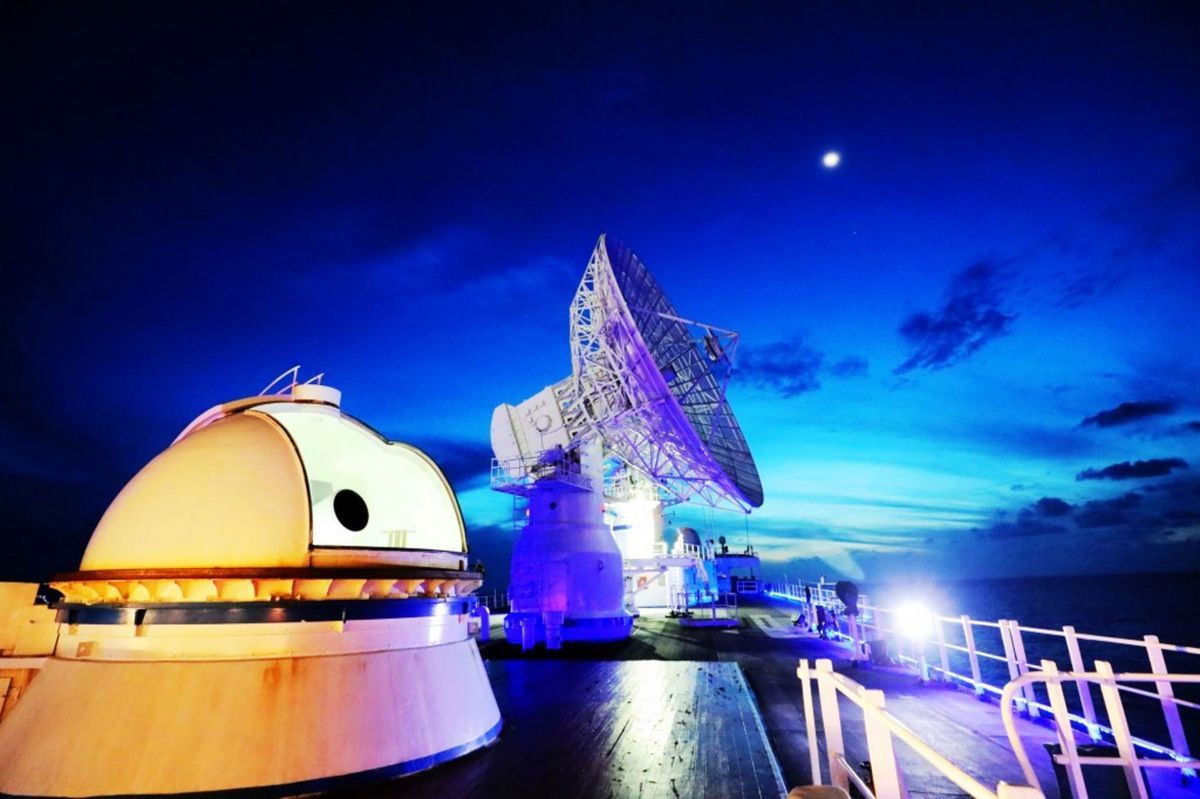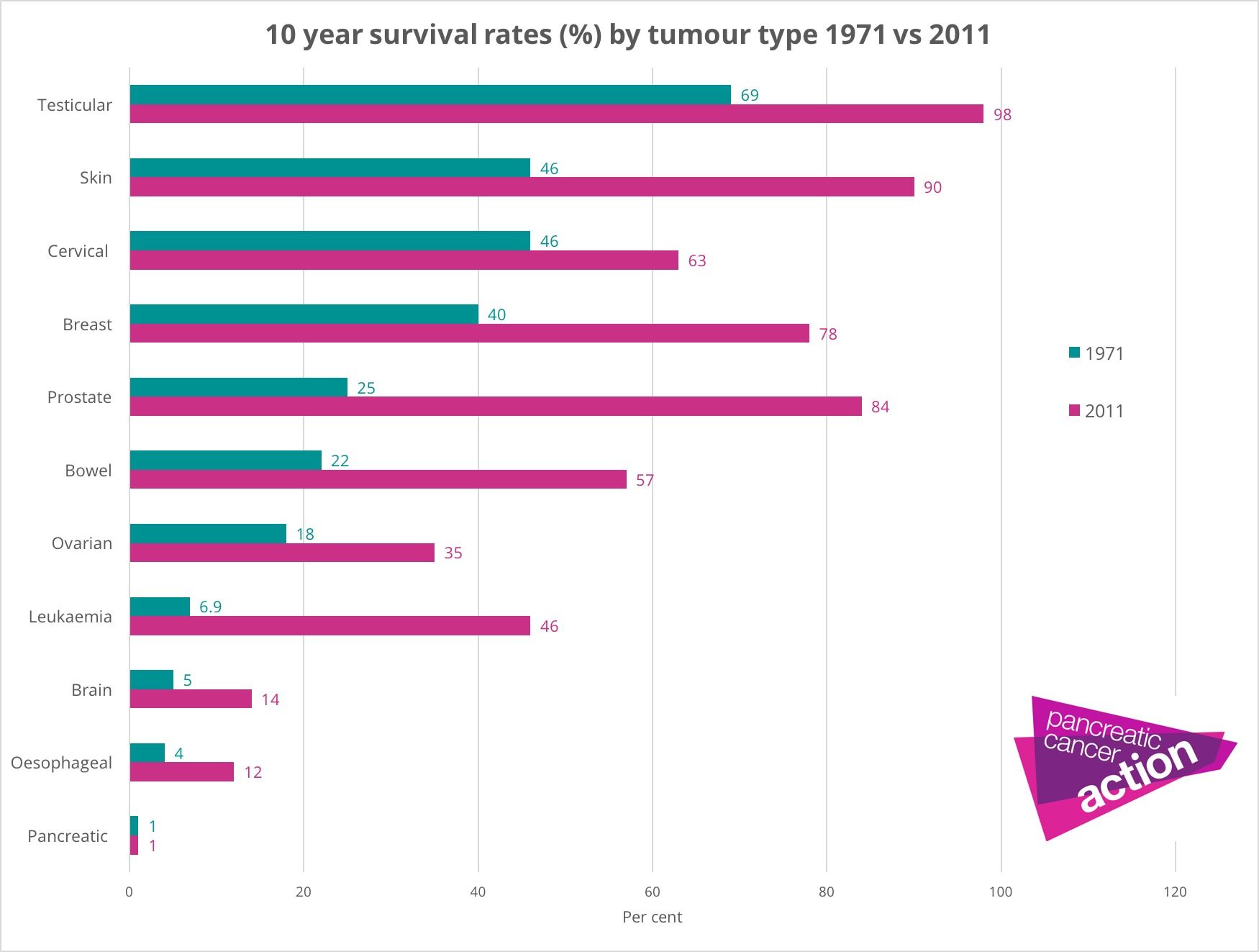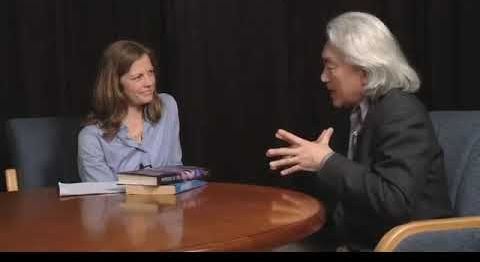Nov 26, 2018
‘Solar Gravity Lens’ Could Bring Exoplanets into Sharp Focus
Posted by Genevieve Klien in categories: alien life, innovation
An innovative deep-space concept that relies on a solar gravity lens (SGL) to enable enhanced viewing of exoplanets is under study by researchers at NASA’s Jet Propulsion Laboratory (JPL) and The Aerospace Corporation.
The SGL would provide 100-billion-fold optical magnification, allowing it to show details as small as 6 miles (10 kilometers) across — similar to being able to spot something the size of New York City on an exoplanet, study team members said.
As detailed in a press statement from The Aerospace Corporation, according to Einstein’s theory of relativity, light traveling through space will bend if it passes near sufficiently massive objects. This means that distant light will bend around the periphery of the sun, eventually converging toward a focal region as if it had passed through a lens. [13 Ways to Hunt Intelligent Aliens].
